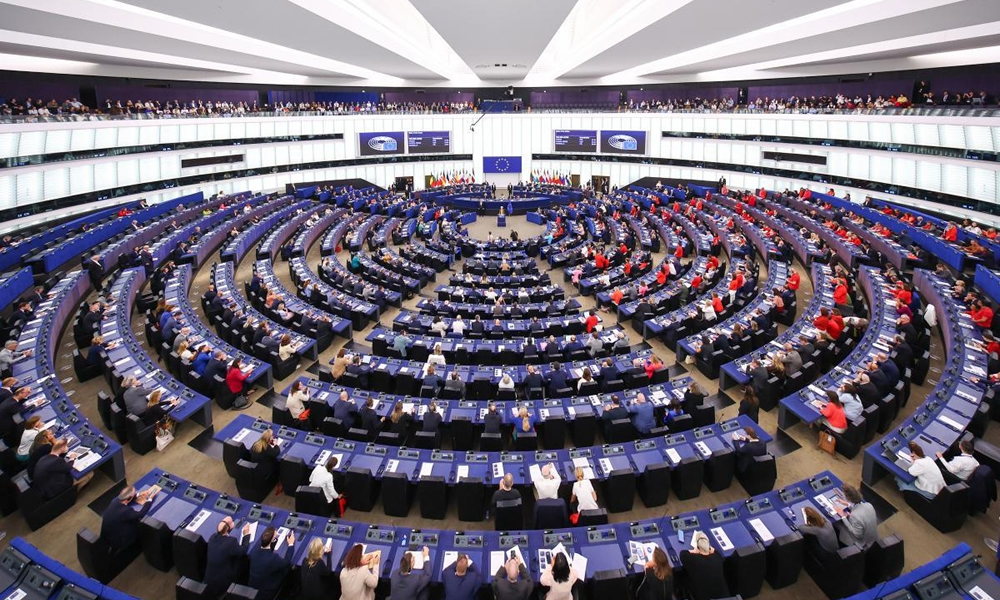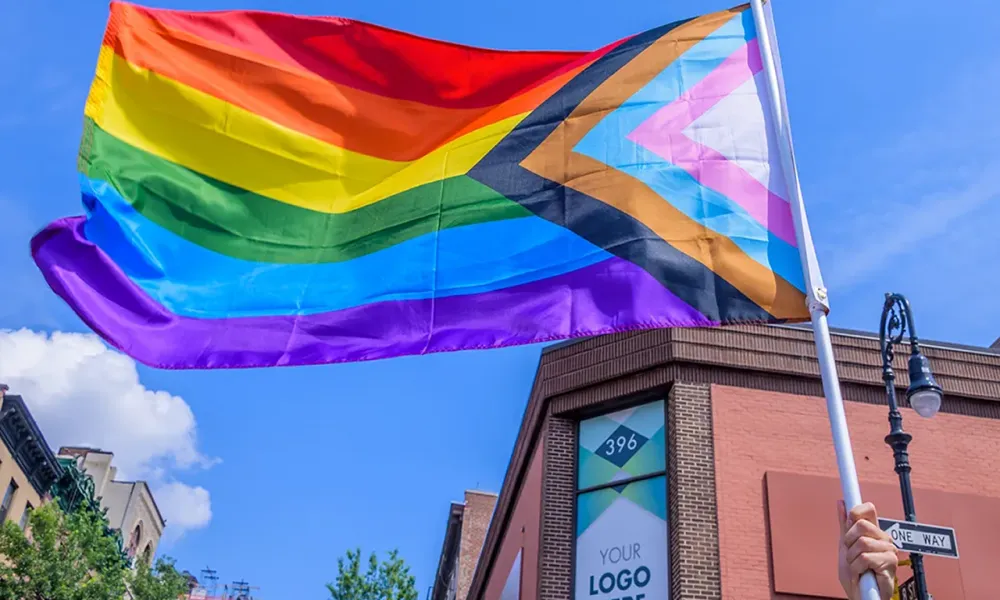The European Commission has unveiled its LGBTIQ+ Equality Strategy for 2026-2030, building on the prior 2020-2025 framework to deepen protections and promote inclusion across the Union.
The strategy is guided by a vision: everyone in the EU should feel safe, free to love whom they wish, and able to express their true selves. Although social acceptance has advanced in recent years, discrimination, violence and hate-based targeting remain pervasive.
Three pillars of action
The 2026–2030 approach rests on three core pillars:
-
Protect LGBTIQ+ individuals from violence and harmful practices
-
Empower people to live free from discrimination with equal rights in all spheres
-
Engage society broadly to foster inclusion and challenge prejudice
Protecting from violence and harm
A central focus is on conversion practices, coercive attempts to change a person’s sexual orientation or gender identity. The Commission plans to assess their prevalence and effects, and propose tailored action to outlaw them. The strategy refers to the European Citizens’ Initiative calling for a ban.
It also aims to curb hate both online and offline. Measures include launching a knowledge hub to collect data on illegal hate, reinforcing monitoring of the EU’s Code of Conduct+, and introducing an EU-wide action plan to protect minors from cyberbullying, with specific attention to LGBTIQ+ youth.

Empowering LGBTIQ+ people in daily life
The Commission will push for stricter enforcement of existing protections, such as the Employment Equality Directive, and issue guidance on inclusive recruitment practices. Support for families of diverse composition is included, with encouragement for Member States to adopt the Recognition of Parenthood proposal. The strategy also emphasises strong, well-resourced equality bodies to defend victims’ rights.
The strategy underscores the vital role of NGOs and community organisations. Current EU funding under the CERV programme continues through 2027, and from the next Multiannual Financial Framework (MFF), a new “CERV+” strand under AgoraEU will allocate up to €3.6 billion to support equality, non-discrimination, gender-based violence prevention and civic participation.
Member States are urged to adopt national LGBTIQ+ equality plans, while other EU institutions are called on to support implementation. A mid-term review is scheduled for 2028.
Why this matters now
A recent survey by the EU Agency for Fundamental Rights (FRA) found that physical or sexual attacks against LGBTIQ+ people in the EU have increased, 14 % of respondents reported such violence in the preceding five years, even as reported discrimination has slightly declined.
Notably, Cyprus ranked among the highest in discrimination reports, 48 % in the last year, tying with Bulgaria.
Civil society groups, such as OII Europe, have pressed for the 2026-2030 strategy to go further, especially in safeguarding intersex rights, enhancing data collection, and resisting backlash from anti-gender movements.
At the same time, critics warn that parts of the new strategy, particularly its approach to regulating speech and “hate”, risk clashes with freedom of expression or national sovereignty.
Response from the Commission
Commissioner Hadja Lahbib, responsible for Equality, stated:
“The EU will always be a champion of individual freedom. The freedom to be who we are, love who we want, and express ourselves without fear. This is the essence of the Union of Equality we are building day by day, brick by brick. This new LGBTIQ+ equality strategy is clear proof that the EU stands firm against hatred and discrimination. LGBTIQ+ people enrich our Union. Diversity and equality - this is Europe’s power.”
Her words emphasise both the symbolic and political importance the Commission attaches to the new strategy.
The strategy also builds on recent legislative reforms, such as the 2024 standards adopted for equality bodies to ensure their independence and capacity, and updates to the Code of Conduct+ to tighten enforcement of illegal hate content.
What this means for Cyprus and beyond
For EU member states including Cyprus, the new strategy raises the bar: governments will be expected to develop national plans, improve legal frameworks, and reinforce institutions that protect equality. Cyprus, with a high self-reported rate of discrimination in recent surveys, stands to gain from stronger EU standards and funding streams. Civil society groups on the island could leverage the new funding mechanisms to bolster education, legal support and awareness campaigns.
However, progress will depend on political will at national level - whether laws, institutions and practices keep pace with EU expectations.
